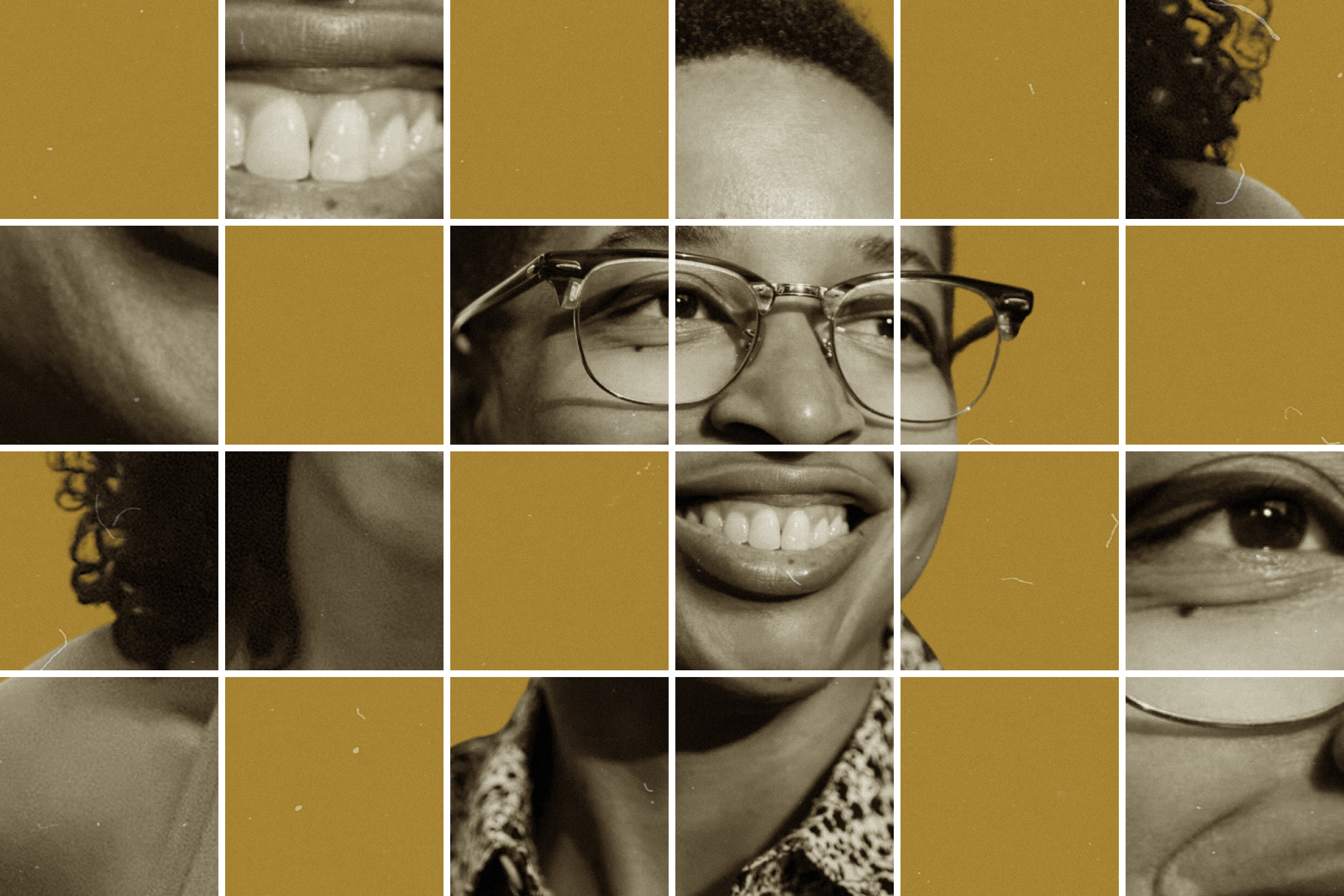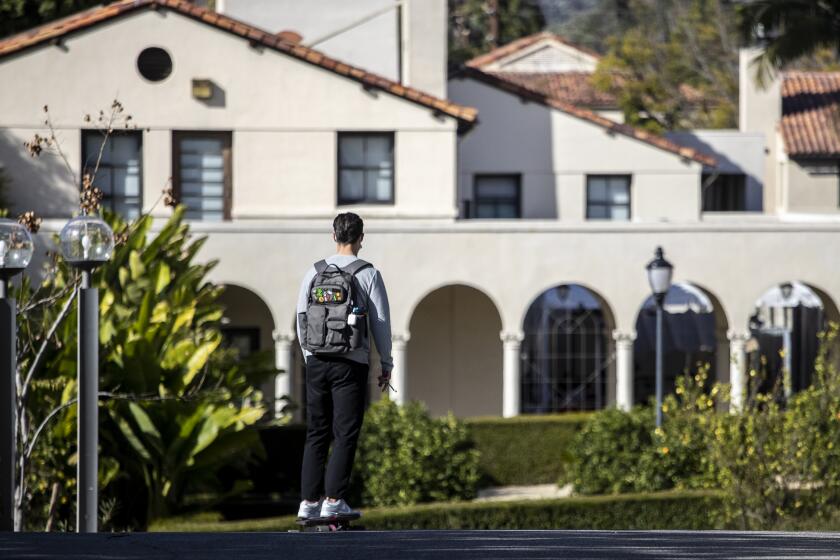Sign up for Essential California
The most important California stories and recommendations in your inbox every morning.
You may occasionally receive promotional content from the Los Angeles Times.
Follow Us
Akiya Dillon was a 2023 reporting intern on the Los Angeles Times’ Metro desk. A rising senior at Duke University, she studies political science, English and journalism. While writing for the 9th Street Journal’s Courthouse Project, Dillon realized her passion for criminal justice and storytelling. For fun, the Las Vegas native enjoys collecting sneakers, trying new restaurants and binging true-crime docuseries.
David Wharton has filled an array of roles – covering the courts, entertainment, sports and the second Persian Gulf War – since starting as a Los Angeles Times intern in 1982. His work has been honored by organizations such as the Society for Features Journalism and Associated Press Sports Editors and has been anthologized in “Best American Sports Writing.” He has also been nominated for an Emmy and has written two books, including “Conquest,” an inside look at USC football during the Pete Carroll era.

















